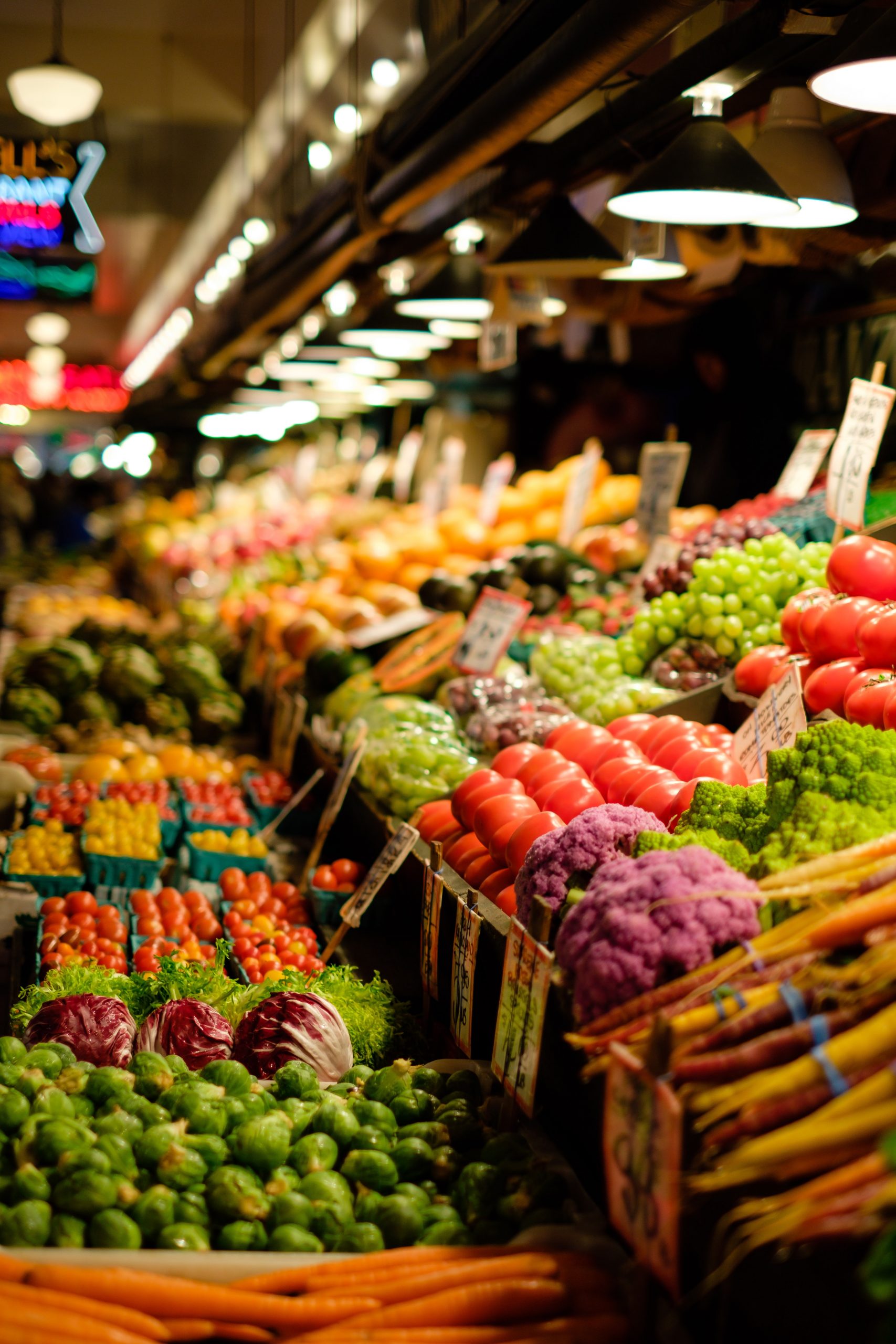
A Case for Vegetarianism
Recent History has shown that humans have made the biggest unfavorable impact on Environment. Whether it is Global warning, Ozone Depletion or CO2 emissions, human species is the single largest pollutant.
हरे कृष्ण हरे कृष्ण कृष्ण कृष्ण हरे हरे।<br /> हरे राम हरे राम राम राम हरे हरे।।
In the last 300 years the planet earth has had almost a zillion particles of dust and smoke in the atmosphere. No other species on earth has contributed to this at this level. Human beings have emerged as the single largest exploiter of other animal species. The only purpose of all this exercise was profits. For profits, the industrialization revolution started from the UK, engulfing the whole world in a blind pursuit of industrialization, with no responsibility. The largest contributor to the present day environmental crisis are the western countries. The concept of faster, leaner and large commercial production has led to irreversible impact on the environment of earth. But still there is hope.
There is one particular industry that I want to mention particularly is the commercial meat industry. More than 150 billion animals, seafood, and birds are killed every year by humans for their food consumption. That’s 20 times the population of humans on the planet. This is just the surface view of the violence for food. But the impact of this consumption is seen not only in Global warming but also in other human virtues such as kindness. Not only the commercial meat industry turned all non-human species as just an edible item, but it has also resulted in a hypocritical show of kindness to human species. Humans have emerged as the biggest carnivorous species on the planet today, even though a human body is designed for vegetarian food by Mother Nature.
In all cultures, plant based food is recommended up to 70% of a normal daily diet. Before the 1800s, animal based food was usually obtained in individual capacity wherein families will slaughter an animal for their consumption and the consumption of their community. The policy around slaughter houses was put by Napoleon, in 1810. In 1867, The first organized slaughter house was opened under Napoleon III in Paris. Before that ‘shambles’ were operated in and around London in the 1850s, where they would trade meat of approximately 250,000 cows and 1.5 million sheep, every year. Later on, this commercial production of meat later on spread to all other parts of the world. The USA and Europe consume roughly 55 billion headcount of animals, birds, seafood per year. The organized commercial meat industry started from London and Paris, and spread all over the world. The assembly line of meat production, led to the invention of assembly line production of cars.
Today, a single ‘sophisticated’ slaughter house can slaughter up to 5000000 cows or sheep in a year. There are roughly 500 such large slaughterhouses in the world today. There are countless others, which are on a smaller scale. All these slaughterhouses exist to provide protein to humans. To produce 1 kilogram of meat protein to a human needs 25 kilogram of food to the animal and roughly 15000 liters of water. Whereas 1 kg of vegetarian protein to a human requires sunlight and just 15 liters of water. Vegetarian food consumes far less resources for the same amount of food or protein production than a non vegetarian food.
The impact of commercial meat industry on the planet:
- 80% of all greenhouse emissions come from commercial meat industry and its allied transportation
- Reduction of kindness in humanity comes directly from consumption of commercial meat products
What are the benefits of reducing commercial meat consumption?
- If the world reduces commercial meat consumption by just 10%, green house emissions reduce by 80%. That means, a cooler planet
- If there is just a 10% reduction in commercial meat production, Threat of water scarcity goes away forever. That means drinkable water for everyone on the planet
- If there is just 10% reduction in meat consumption, then the green forest cover of earth increases by 25%. That means more oxygen and a healthier planet
What if we continue the commercial meat production at current scale?
- Planet will be unlivable in another 50 years. People may have to use oxygen tanks, where oxygen will be made via a chemical process, thereby further damaging environment and also other respiratory issues in human society
- The virtue of kindness and cleanliness will further decline
What are the solutions?
- Encouraging our families and children to pursue a vegetarian protein based diets
- Teaching ourselves and our children the importance of animals in our society. Teaching them – ‘Animal is not food’
- Removing religious connotations to diet. Religion and diet are two different subjects. Because all religions teach kindness.
I will conclude that it’s scientific and environmentally wise to pursue a vegetarian protein diet. I wish you best in your journey towards a healthy you.
Disclaimer: Views are personal to the author
Donate $10 to us to support our services.



